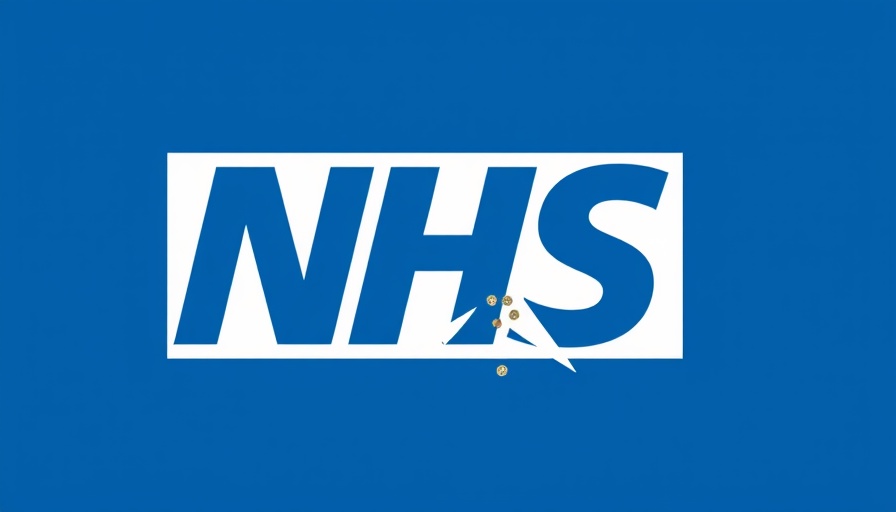
Why Fundamental Reform is Crucial for NHS Dentistry
The British Dental Association (BDA) has made it clear: the future of NHS dentistry hinges not on mere adjustments, but on profound, systemic reform. As demands for dental care continue to rise while resources dwindle, the call for sustainable funding has never been more urgent. The Public Accounts Committee (PAC) recently echoed this sentiment, illustrating that despite the government's efforts to implement incremental tweaks, these changes fail to address the foundational issues that plague NHS dentistry.
The Growing Crisis in NHS Dental Care
NHS dentistry has been under immense strain, and the statistics reflect a crisis borderlining on unsustainable. Reports indicate a dramatic increase in the waiting times for appointments, with many patients, particularly in remote areas, traveling extensively to access basic dental services. A recent account from an individual who traveled 1,000 miles to get an NHS dental appointment provides a stark illustration of the extent of this issue. Patients are caught in a dilemma: they often prioritize urgent treatments while neglecting preventive care, ultimately leading to worse health outcomes.
Understanding the Role of Funding in Dental Reform
Without sustainable funding, NHS dentistry cannot hope to expand services or improve their quality. The current funding structure is inadequate for covering the growing demand amidst rising operational costs. This is evident from comments made by dental professionals who lament the lack of resources to maintain quality care. A re-examination of the funding model is essential for ensuring that NHS dentistry is not only reactive but also proactive in managing oral health.
What Should Be Done? Key Recommendations for Reform
To restore NHS dentistry, the BDA proposes several high-impact reforms:
- Sustainability of Funding: Develop a comprehensive financial plan that ensures consistent funding levels to cover both basic and complex treatments.
- Enhanced Access to Care: Focus on the recruitment and retention of dental professionals in underserved areas to improve accessibility.
- Integrating Preventive Care: Shift the focus from reactive management toward preventive measures that can mitigate oral health issues before they escalate.
- Utilizing Technology: Invest in new technologies and digital platforms that streamline appointments, enhance patient targeting, and improve care delivery.
Embracing New Technology for Better Outcomes
The integration of technological advancements, such as artificial intelligence (AI), presents an exciting opportunity for NHS dentistry. While some fear that AI may replace human involvement in patient care, experts argue that it should serve as a powerful tool for clinicians. Using AI to analyze patient data can enable dentists to recommend personalized treatment plans based on individual needs, ultimately enhancing patient outcomes.
Future Predictions: A Vital Turn in NHS Dentistry?
The federation of dental experts believes that with the right reforms, NHS dentistry can thrive in an era of rising demand. Predictive analytics, proactive care systems, and an emphasis on user-friendly digital interfaces can collectively improve patient experiences and outcomes. If implemented, these strategies can also help NHS dentistry align with evolving healthcare trends towards patient-centered approaches.
Conclusion: Taking Action for Sustainable Change
The time for action is now. As dental care continues to face numerous challenges, staying informed and advocating for substantial reforms is vital. The recommendations from the BDA and the PAC not only provide a blueprint for sustainable NHS dentistry but also inspire everyone to engage in the conversation about our oral health future. Let’s not wait until the crisis reaches its peak before we act; it’s time to support fundamental changes to ensure that quality dental care is accessible to all.
 Add Row
Add Row  Add
Add 




Write A Comment